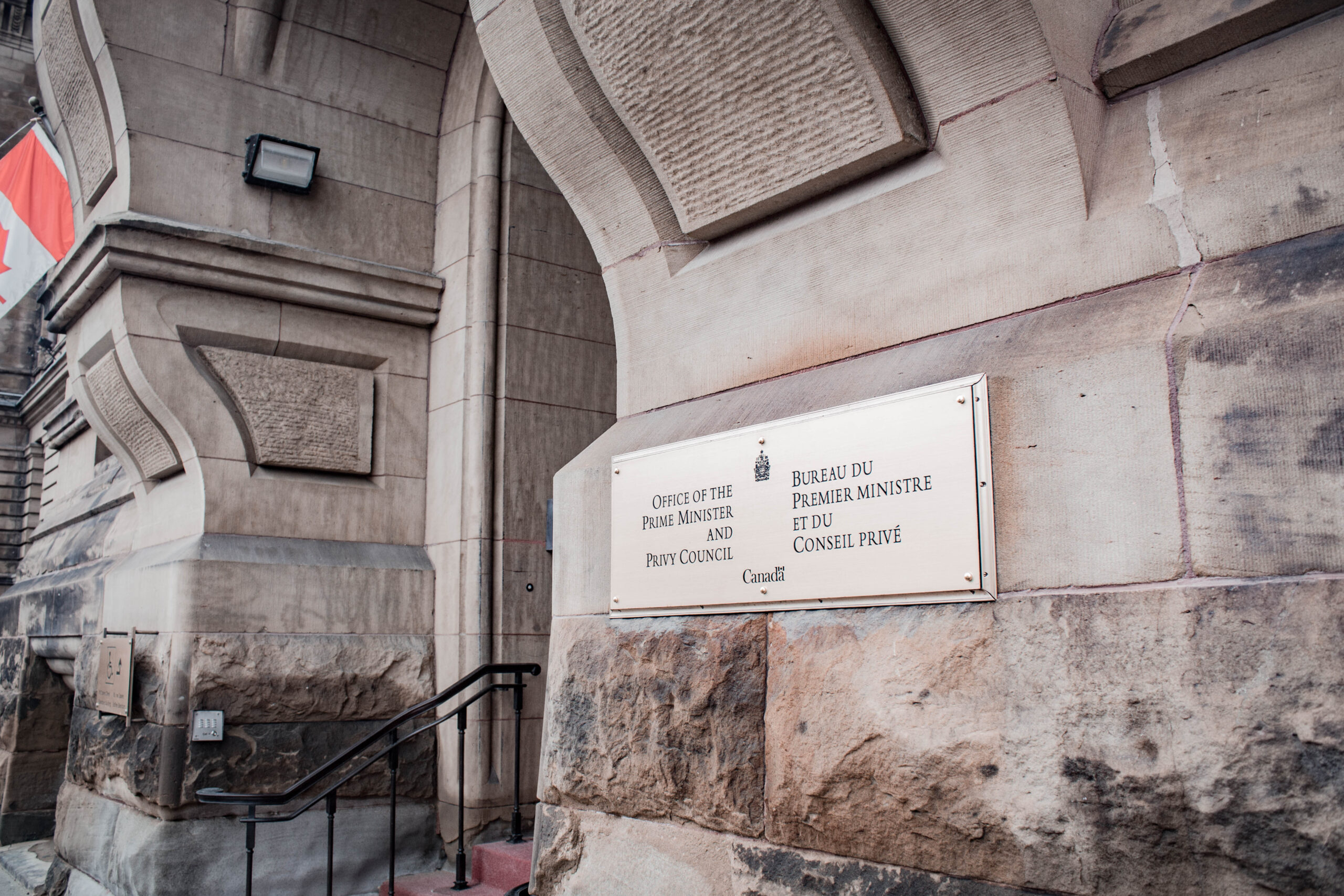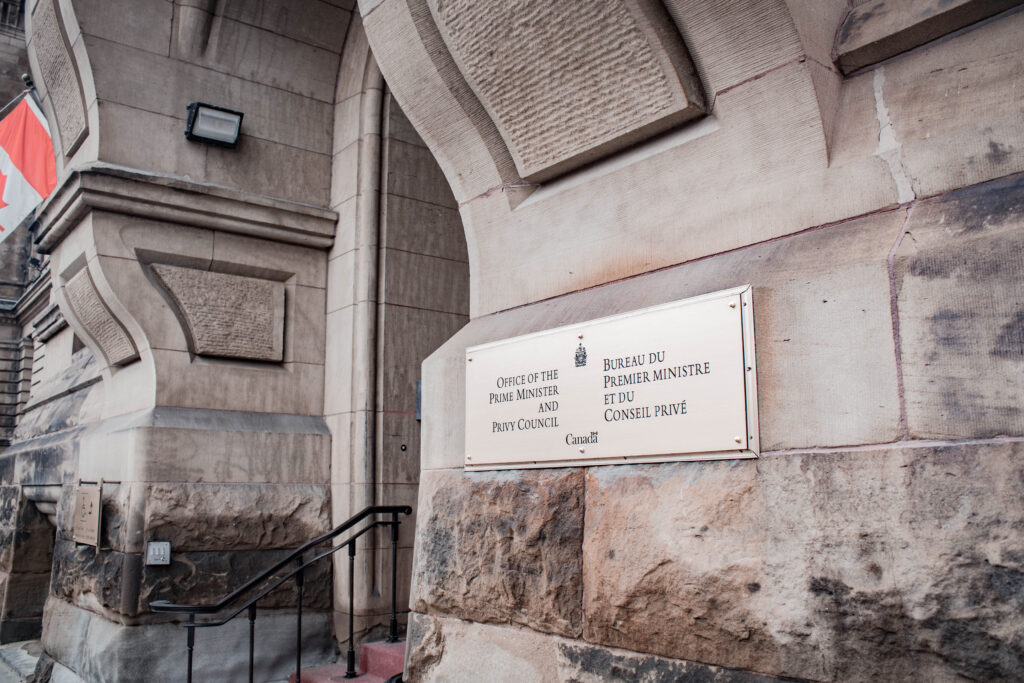What About the Public Service Under a Conservative Government?

Published in the Hill Times on August 29th, 2024
If there’s a change in government, the ball will be in the court of the senior public service to show that they deserve the positions they’ve occupied by delivering on a new agenda.

Top public servants will need to show quickly and concretely that they understand the new context, and can steer departments and agencies in a nimble and responsive manner. If they can’t, they may find others waiting in the wings to do so in their place.
OTTAWA—Unless the pollsters are all dead wrong, we are headed for a change in government in 2025. There is much speculation about how “different” things could be under Conservative rule. Pierre Poilievre has defined himself in stark contrast to Justin Trudeau. Tapping into the worries of Canadians across age ranges, income brackets, and geographical regions, Poilievre vows to fix wicked problems like the affordability crisis and the lack of housing. In his own words, he will: “Axe the tax. Build the homes. Fix the budget. Stop the crime.”
But what about the public service? Would a new government consider repopulating the leadership of the public service with people who share its ideology and values to ensure the effective and timely delivery of its agenda? If so, would this break the traditional “bargain” between the public service and the elected government. one that protects the independence of the former so that it can tell the latter—their political bosses—what they don’t want to hear?
To be clear, a change of government is always accompanied by some form of adjustment in the senior ranks of the public service. Some people simply opt to retire. A very small number may be quietly shown the door for being deemed too cosy with the old government. For the most part, however, the deputy minister community remains intact, shifts gears, and serves the new political masters. This is the case in most Westminster jurisdictions, like ours, where convention dictates that the political side refrain from dabbling in civil-service staffing to preserve the impartiality and integrity of the institution. Concerns around the politicization of public service appointments apply, in truth, only at the highest executive level, as the requirement for merit-based appointments protects the rest of the public service from partisan hiring practices. That said, the leaders are the ones steering the ship.
There have been occasional egregious examples of political interference in the public service (an Australian prime minister, for example, appointing his political chief of staff as head of the civil service). But this has largely not been the Canadian reality in recent decades. Many predicted that then-prime minister Stephen Harper would parachute loyal operatives into key position. Ultimately, he did not—opting instead (sometimes grudgingly) to work with the professional civil service to implement his agenda. If anything, the currently Liberal government was more brazen in this regard when it appointed the architect of the Liberal 2015 election platform into a deputy minister position at the Privy Council Office, a move then-Conservative MP Jason Kenney decried at the time as a “clear, unprecedented, and blunt” politicization of the public service.
But times change. The approach taken by a future Poilievre government will depend on whether the political leadership sees value in preserving the Westminster model. The idea of maintaining separate spheres and functions for the political and administrative arms of government, with healthy tension and creative fusion at the executive level, has perhaps been more myth than reality for some time now. There is more than one way to do things. The Westminster model is often criticized for its slowness and all-around curmudgeonly attitude towards change. Could we envision a public service that was more explicitly responsive to political masters?
The obvious exemplar of this style is the American model, where a transition to a new government sees the decapitation of the top several layers of executives, and their replacement with experts who are more ideologically sympathetic to the new regime. This allows for an immediate bond of trust between the elected and those entrusted to implement. Yet, any potential benefit seems to be inevitably outweighed by the risks it creates in terms of loss of experience, expertise, and familiarity with how to get things done. There is much to recommend the Westminster convention of maintaining a professional and experienced leadership cadre. It provides continuity which is often critical in times of political change.
But conventions evolve and, unless they are seen to make sense and add value, they go by the wayside. If there is a change in government, the ball will be in the court of the senior public service to show that they deserve the trusted and privileged positions they have occupied by delivering on a new and different agenda. They will need to show quickly and concretely that they understand the new context, and can steer departments and agencies in a nimble and responsive manner. If they can’t, they may find that there are others waiting in the wings to try and do so in their place.
Lori Turnbull is a senior advisor at the Institute on Governance.